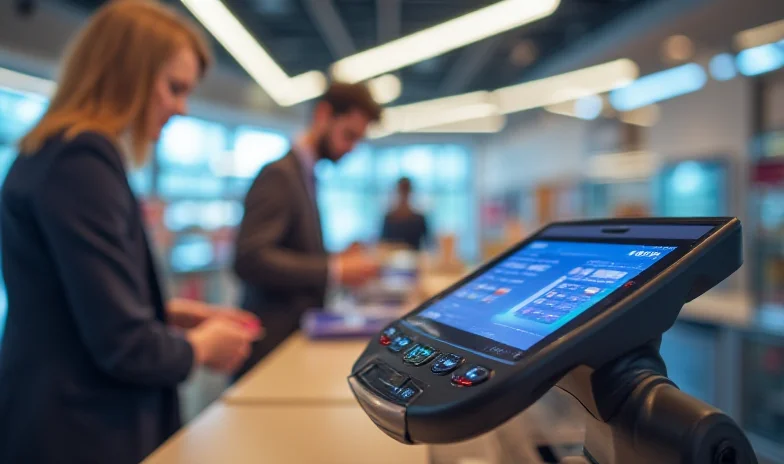Kazakhstan is experiencing a notable increase in the adoption of terminals associated with the Russian national payment system, signaling a deeper integration of regional payment infrastructures. This upswing suggests growing consumer and merchant acceptance of the technology, potentially driven by improved accessibility and favorable economic conditions. The developments could have broader implications for cross-border financial operations in the region.

Russian Automakers Face Headwinds
Meanwhile, in Russia, car manufacturers are facing significant challenges. An automaker based in Togliatti is struggling to sell its vehicles, with produced cars accumulating in parking lots. Chinese brands are experiencing a similar situation in the Russian market. This suggests a potential shift in consumer preferences, possibly fueled by expectations of the war's end. Consumers may be hesitant to invest in new vehicles, or perhaps they are waiting for more favorable economic conditions before making large purchases.
“The car market is always a good indicator of consumer sentiment,” says analyst Svetlana Petrova. “If people aren’t buying cars, it’s a sign they’re uncertain about the future.”

Gazprom Ordered to Pay ČEZ
In other news, an arbitration dispute between Czech energy firm ČEZ and Russian gas giant Gazprom has concluded with a ruling in favor of ČEZ. Gazprom has been ordered to pay over one billion crowns in damages and legal costs for restricting gas supplies. This decision underscores the legal ramifications of Russia's energy policies and its impact on European companies. The ruling highlights the complexities and potential liabilities arising from disruptions in energy supply chains.

Finally, an article suggests that actions associated with Trump are contributing to the strengthening of the Ruble and a surge in Russian stocks. Whether this is a direct result of specific policies or broader market trends remains to be seen, but the perception is that these actions are providing a boost to the Russian economy.
These diverse economic developments paint a complex picture of the region, with Kazakhstan embracing Russian payment technology, Russian car manufacturers struggling with sales, and Gazprom facing financial penalties for supply disruptions. The influence of political figures on Russia's economy is also coming under scrutiny.
